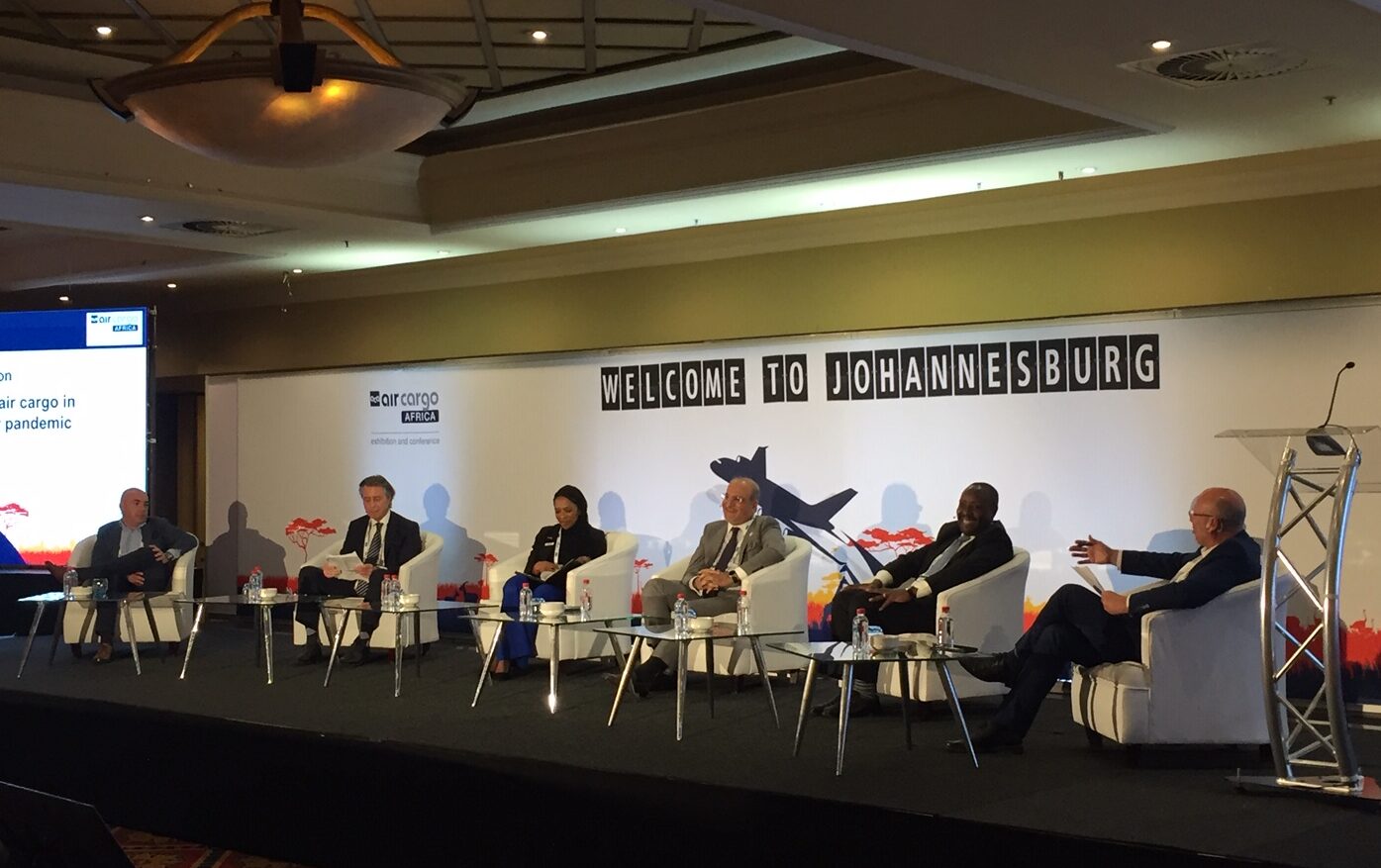Aviation investment key for the success of Africa’s free trade agreement

The development of aviation policy should be a priority for African countries if they are to capitalise on the benefits of a continent-wide trade agreement.
Panellists at the Air Cargo Africa event agreed that the African Continental Free Trade Agreement (AfCFTA) stood to benefit the continent and air cargo.
However, they said it was essential that air cargo policy at a country level is enhanced to ease the movement of goods between countries.
Kenya Airways chief executive Allan Kilavuka said: “The AfCTA is fantastic but it will not work if we don’t grow the air traffic and the aviation business in Africa.
“If the policy formulation is not in tandem with the intention of the free trade agreement it will not work.
“At the moment, African countries do not prioritise aviation. They see it as elitist, luxurious and expensive but we know Africa, from a size perspective, is the second largest continent.
“We don’t have the infrastructure when it comes to rail and road so aviation has to work for the agreement to work.
“My pitch to African governments is for them to prioritise aviation. When it comes to policy formation and economic development, aviation has to have a front seat otherwise it will not work.”
He added: “We cannot transport goods effectively on truck from Nairobi to Lagos, or from Lagos to Johannesburg and so on. It has to be through aviation.”
The AfCFTA is the world’s largest free trade area bringing together the 55 countries of the African Union and eight Regional Economic Communities.
The overall mandate of the AfCFTA is to create a single continental market with a combined GDP of approximately $3.4trn. It aims to eliminate trade barriers and boost intra-Africa trade.
Meanwhile, Astral Aviation chief executive Sanjeev Gadhia said that the biggest challenge faced by air cargo in Africa was the lack of liberalisation.
He hoped that the Single African Air Transport Market (SATM), which is slowly being implemented with the hopes of expanding interline and fifth freedom agreements, would play a part in resolving the issue but in the meantime partnerships between African carriers and non-African carriers was being prioritised over continental partnerships.
“We need to make sure that regulations are harmonised, we need to make sure that the skies in Africa are open and there is liberalisation,” he said.
“The SATM is trying to promote co-operation between African airlines. What we see is that many of the African airlines have a preference to sign collaboration with foreign carriers but there is an opportunity for African airlines to collaborate and partner with each other.”
Elsewhere, Gadhia said that a lack of freighter aircraft could also hold back the continent’s development.
He said that at the moment, the priority on freighter conversions is given to the major airlines in Europe, North America, the Middle East and Asia.
However, he hoped that the announced development of conversion lines in Africa and the Middle East would help the situation.
Infrastructure is also often mentioned as a challenge for the African air cargo industry.
Panel moderator Glyn Hughes, Tiaca director general, pointed out that companies faced the dilemma of investing in the hope that volumes would come, or not investing and then demand never rising.
In response, Swissport South Africa chief executive Khangi Khoza said: “It is imperative that you invest in infrastructure anyway with an understanding that demand will follow.
“Of course, there will be fluctuations and disruptions that create potential risk when you are trying to realise the return on investment, but if you take a long-term view, rather than short term, then those that make the investment will benefit, for example those that invested before Covid were able to take up the rise in demand that followed.”
She added that attracting and retaining talent was another challenge faced by the air cargo industry in Africa.
On the infrastructure challenge, Gadhia said that the private sector needed to step in and invest.
He said it was unlikely that governments would invest enough money in air cargo facilities to meet the potential demand.
